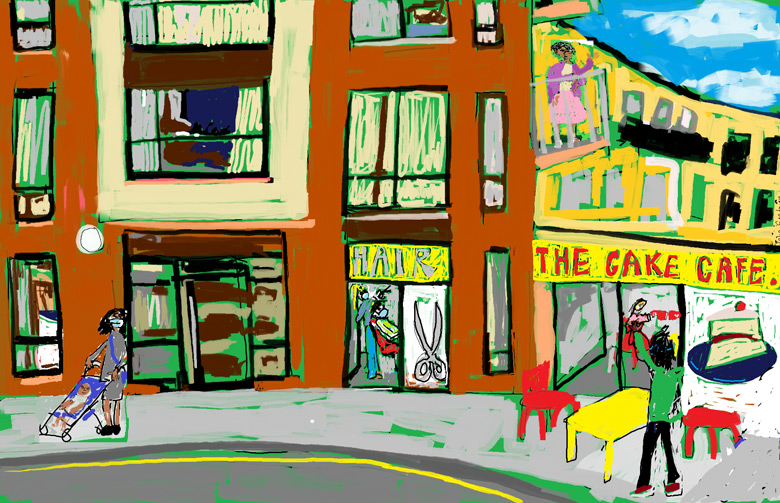Whatever type of housing people live in or aspire to, they will be within a wider community. It is increasingly recognised that, for example, extra care housing schemes only thrive where they are well linked to their neighbours. These links can be about a scheme opening up their communal space for external groups, inviting people in to use scheme based services, engaging neighbours in plans for housing or refurbishment from the outset.
Housing providers can be a considerable force in local areas where they are landlords to a large number of people and some are choosing to work with and invest in communities where they manage housing.
“Since I lost my wife, the hub has enabled me to talk to people again”
Hub service user
A number of providers of housing for older people have developed community hubs as part of their services, which encourage non-residents to get involved in activities run at or from the hubs. Some have created these when a development was being built and others have evolved over time and used both communal spaces in housing schemes and other communal space, such as village halls and day centres.
The Carnegie UK Trust have highlighted the value of community hubs during the pandemic in their report, COVID-19 and Communities Listening Project: A Shared Response (opens new window). Drawing on work in 16 localities, it makes reference to Community Hubs and how they can be a local point of contact for community members to self-organise, providing access to a range of community responses 'under one roof' and offer aid as well as advice, signposting and coordination of volunteers. And being co-located in the same place it reveals allows teams to respond much faster during lockdown than had previously been possible.
Case Studies
- Research In Practice: Communities where everyone belongs (opens new window)
- Clarion Futures Communities presentation (opens new window)
- Clarion Futures Communities website (opens new window)
- Ageing Better in Birmingham: Tyburn Local Action Plan Projects Evaluation (opens new window)
- Meeting Centres for People with Dementia (opens new window)


